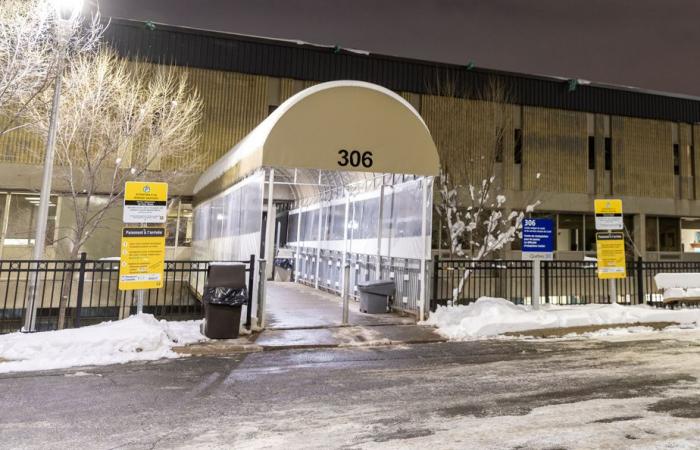
Young autistic people housed at the Le Jardin unit — under the responsibility of the CISSS de Laval — were exposed to situations compromising their safety and integrity, confirms an investigation by the Commission on Human Rights and Youth Rights ( CDPDJ) whose conclusions were made public this Thursday morning.
Posted at 9:19 a.m.
Since March 2023, several reports have been made to the Youth Protection Department (DYP) concerning allegations of negligence in terms of supervision, neglect in terms of care and abuse occurring at the Garden. These are alleged actions towards seven children placed in the unit which were the subject of these reports, revealed The Press last spring.
The family of one of the hosted children – called D. for reasons of confidentiality – then confided in The Press. For months, the parents of the 9-year-old autistic and intellectually disabled boy said they were not allowed to enter the living unit. Over the weeks, D.’s condition, whose functioning is similar to that of a 2-year-old child, deteriorated to the point that he ended up in the emergency room several times. This family is now suing the CISSS de Laval in civil court.
The CDPDJ launched an investigation “on its own initiative in December 2023 into alleged cases of mistreatment in this unit after a first article in The Press published that month on allegations of mistreatment committed at the Le Jardin unit.
“Despite the implementation of several corrective measures, the collaboration of the parties involved and the closure of the Le Jardin Unit, the Commission concludes that it has reason to believe that the rights of several children with special needs have been violated. injured,” we can read in its press release issued this Thursday.
The CDPDJ recommends a series of corrective measures to the CISSS de Laval, in addition to requiring that the latter ensure that children are housed in units appropriate to their needs.
Among the shortcomings identified, the CDPDJ noted “an incomplete assessment of the needs of children, non-respect of the right to accommodation in an appropriate place, failures to comply with the obligations to report potential situations of mistreatment, the lack of diligence on the part of the Director of youth protection at several stages of the intervention, as well as the absence of steps aimed at putting an end to situations of compromise and preventing them from recurring.
During the CDPDJ investigation, the CISSS de Laval implemented several measures, including staff stabilization, the implementation of a minimal orientation program for new employees, resuscitation and close monitoring of measures. control, the establishment of a nursing presence, the development of a consultation procedure regarding unacceptable behavior towards a child by the staff of the CISSS de Laval and the improvement of clinical support for those working with the complex youth clientele DI-TSA-DP.
That being said, the CDPDJ recommends to the Director of Youth Protection (DPJ) and the President-Director of the CISSS de Laval to confirm the implementation of the corrective measures initiated and to ensure the accommodation of children in units adapted to their specific needs and respect for their rights.
The CISSS de Laval must remind stakeholders of the importance of respecting the legal obligations of reporting and evaluating cases of compromise, in accordance with the Youth Protection Act, also recommends the CDPDJ.
The CISSS should also improve the training of people working in rehabilitation units to guarantee the safety, hygiene and well-being of children, insists the CDPDJ.
“The children who were accommodated at Le Jardin are vulnerable children who have disabilities. Their security and development have been compromised, indicates the vice-president of the CDPDJ, Suzanne Arpin, in a press release. Both the CISSS and the DPJ must ensure that the rights of these children are respected and that the situations they experienced are not repeated with other children.”
The CDPDJ is conducting another investigation which deals in particular with the living conditions of young people housed at the Cartier Center in Laval. This second investigation was triggered after La Presse revealed last March that the DPJ of Laval used isolation rooms which resemble prison cells to “remove” “troublesome children” who sometimes only have 9 years old.





